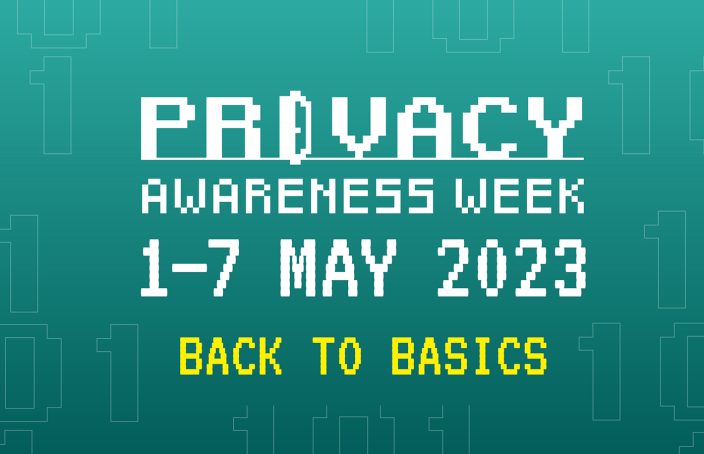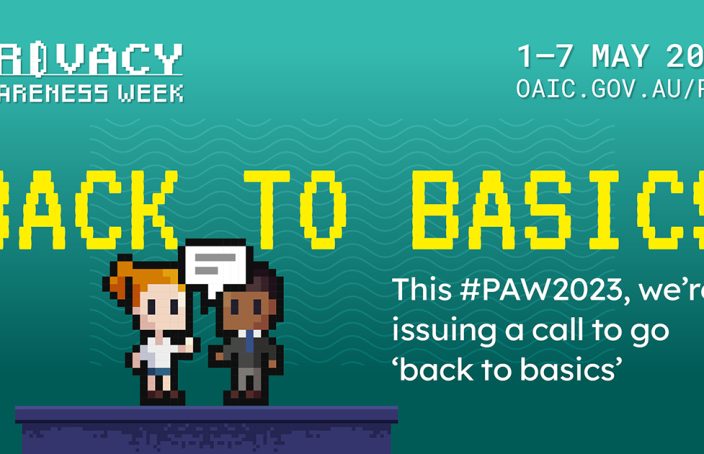Beijing CAC Approved the First China SCC Filing
By Amigo L. Xie, Lingjun Zhang, and Dan Wu
About four months after the Cyberspace Administration of China (CAC) released the Measures for the Standard Contract for the Export of Personal Data from China (China SCC Measures), and 15 working days after the China SCC Measures became effective, Beijing CAC published a notice announcing that a Beijing-based company passed the first-ever China SCC filing on 25 June 2023 (Notice).
Based on the Notice, the first China SCC filing relates to a cross-border personal data transfer from a Beijing-based data exporter, an online data service provider, to a Hong Kong-based data recipient. The type of data exported by the Beijing-based data exporter is personal data related to credit references as disclosed by the Notice.
The completion of the first-ever China SCC filing conveyed some positive messages to the market:
Read More







